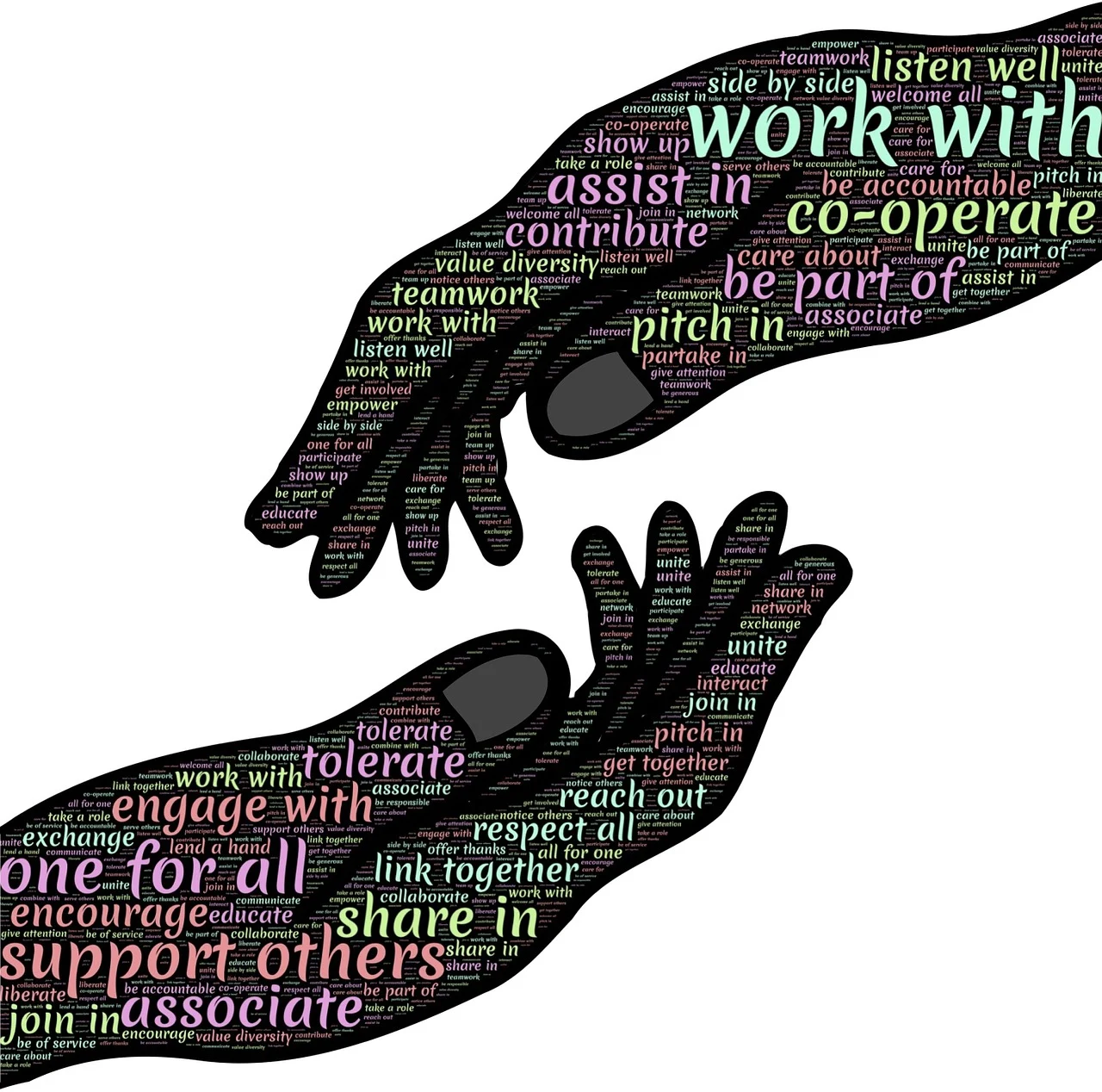In the Building Bridges column of the Catholic Times, the Taizé brother looks at a problem facing Korea and world politics in different degrees.
A few weeks have passed since the election, the flower of democracy. Although the public's desire for change was clearly revealed in the general election results, will real politics respond to this? Can the ruling party and the large opposition party, who have been hostile to each other, come together to solve the problems?
Many people lament Korea's political culture, which has no dialogue or compromise, only one-sided communication and confrontation. As the hostile symbiosis between the two major parties continues, the space for diverse voices to enter the National Assembly and politics gradually decreases. It is unfortunate for our entire society that the factional conflict between the parties continues.
Some people even say that hostility and hatred are deeply ingrained in the DNA of not only politics but also our society. Hostility is rampant throughout Korean society. Now even religious people take it for granted. Unfortunately, the general election process failed to filter out or sublimate the hatred and hostility that has become routine.
Some find the roots of this hostility in the conflict between the nationalist and communist camps that began under Japanese rule a hundred years ago. “In the intensified left-right confrontation after the March 1st Movement, the belief that the enemy would also have reason and conscience gradually disappeared.” (「Progress without spirituality」
The antagonism between these two camps led to the division of North and South, and the civilian massacres committed during the liberation period and in the early days of the Korean War completely destroyed the belief that we belong to one community. As a result, “Politics is not a process where you and I meet and search for truth, but the only realistic goal is to separate friends and enemies, win and gain power in that hostile confrontation.”
One philosopher has said the movement has been driven by anger and hatred since the 1980s. “It is faith in the whole that turns differences into constructive cooperation rather than hostile division and confrontation. However, even in the secularized progressive movement and the conservative faith, we can no longer find faith in the whole. “Everyone believes that they are good, but condemns others as evil, and is only focused on fighting and winning against others.”
“Because we are all separated from the whole we cannot achieve a higher unity amidst differences.” To heal the divisions of our time, we must tolerate differences. “This will be possible when the belief that we and others are also a part of the whole takes root in our hearts.”
Today, formal democracy has been achieved, but hostility, hatred, disgust, and exclusion are rising. What is it that brings us together? Finding and paying attention to it is a task required of the church and believers. The role of Prophet in our time is not only about condemning lies and injustice but also bringing people together.






